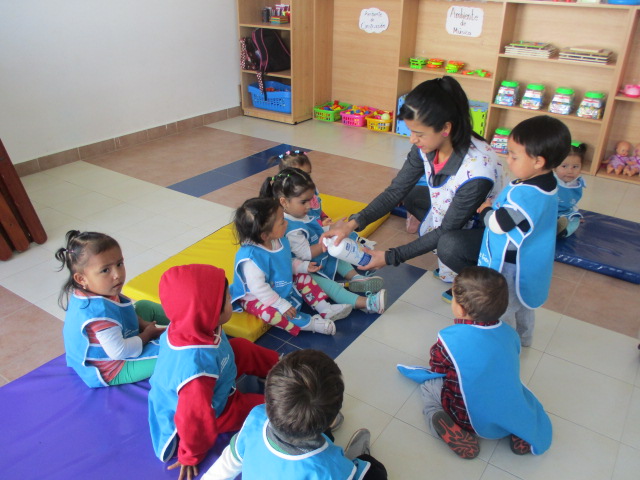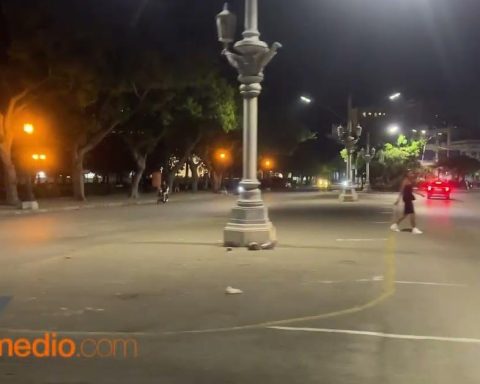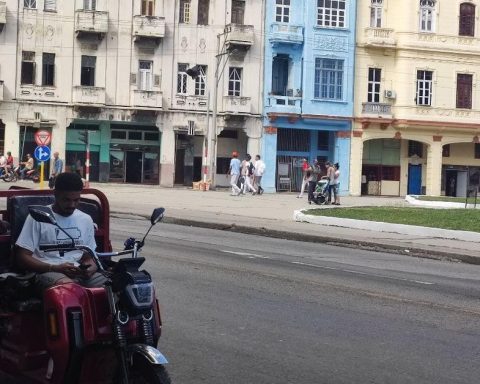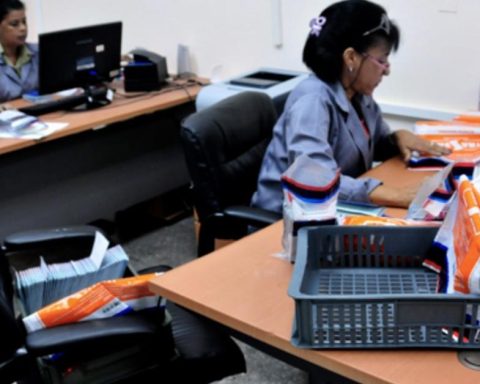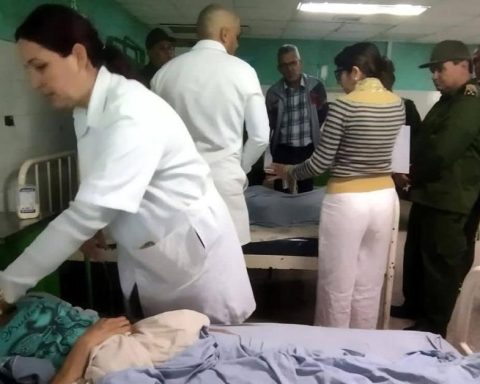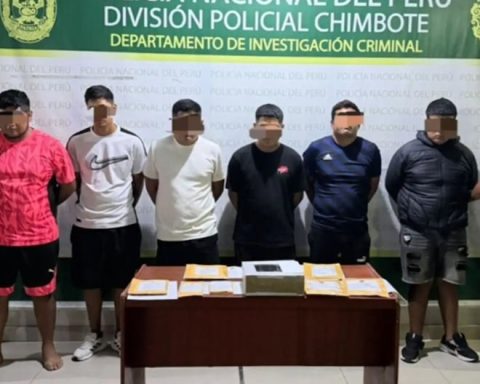State Child Development Centers that provide initial education will suspend attendance and must reduce their capacity to 50%.
From January 10 to 16, 2022, the child development centers –Of the Ministry of Education– attended by children between three and four years old will not work in person or online. On those days, teachers are expected to come to receive their COVID-19 vaccine.
Furthermore, these spaces, upon returning to the presence must reduce their capacity to 50%.
???? As of January 17, to return to face-to-face classes, educational institutions that have the approved PICE must provide the option of face-to-face attendance for students at all educational levels. ➡️ https://t.co/WoTtBEr2Kl#MeetForEducation pic.twitter.com/PvLspOj1VG
– Ministry of Education of Ecuador (@Educacion_Ec) January 9, 2022
While the educators of the Family Attention for Early Childhood (Safpi) program, who provide home education, will stop working until January 23. The Minister of Education, María Brown, explained that when visiting houses they are more prone to contagion.
Brown added that in transportation use interprovincial and tourist children of five years will have to present the card with a dose.
#MSPEnMedios | José Ruales: People over 50 years of age and 5 months after the second dose can go to https://t.co/MC3oguf2tT and receive the booster dose.
– Using a KN95 or surgical mask is important. Cloth masks should be avoided. pic.twitter.com/ZNPk0dERBu
– Ministry of Public Health (@Salud_Ec) January 10, 2022
MIES, in virtual mode
Until January 23, 2022, the services run by the Ministry of Economic and Social Inclusion (MIES), 260 thousand boys and girls from zero to 3 years old will return to virtuality. While shelters and other services at the end will continue to work in person. (AVV)
IT MAY INTEREST YOU:
Only 1% of the electronic shackles purchased by Ecuador are available
Automotive sector grew in 2021 to prepandemic levels
Number of infections has increased five times in Quito since September
